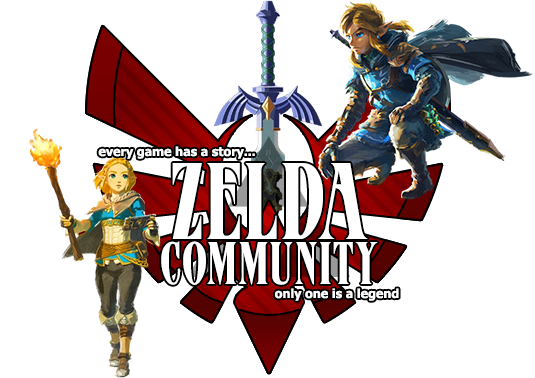- Official Post
Note: This is touchy shit. Feel free to participate in this discussion, but don't be reactionary. If you're angry while you're typing, or if you're thinking about how sick your burns are going to be, then you should probably take a break and come back. We're all friends here.
Also Note: This is a conversation. If you post in this thread, you are inviting people to ask questions, and make counterarguments. They should do so while respecting your humanity, and hopefully you will be willing to give answer to their questions and arguments.
I'm curious to know the metaphysical beliefs of the Zelda Cavern community. What do you believe, why do you believe it, how do you stand in relation to the community of those who believe similar things?
I'm a hard atheist and skeptic. I assert that there is no entity which would meet any reasonable definition of divinity. I have also, on occasion, referred to myself as an anti-theist. I do believe that the concept of 'faith,' and the religions which are built on that concept, do more harm than they do good. However, I also believe that most of the time, asserting that belief similarly does more harm than good. I am perfectly happy to be friends with anyone who doesn't make their religion other people's problem. (My lifelong friendship with
@kilovh, an ordained Rabbi, attests to that).
I do believe that, on a whole, atheists are treated unjustly in America. Five years ago I was actively involved in atheist communities and slacktivisim. Unfortunately, while the "New Atheism" movement seemed to have a promising start, it began to attract the wrong sort of crowd. Sexists, libertarians, pedants. There are good people in there, but the movement as a whole is distasteful to me. I'd prefer to focus on more pressing issues (poverty, transphobia, racism, sexism, homophobia, etc.), and let the prejudice that exists against atheists fade away naturally with time.
I will elaborate on anything you're curious about, and I will answer any questions you have. Lets talk.

